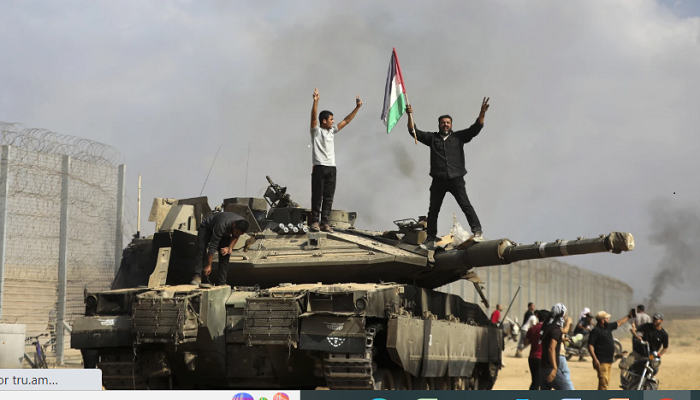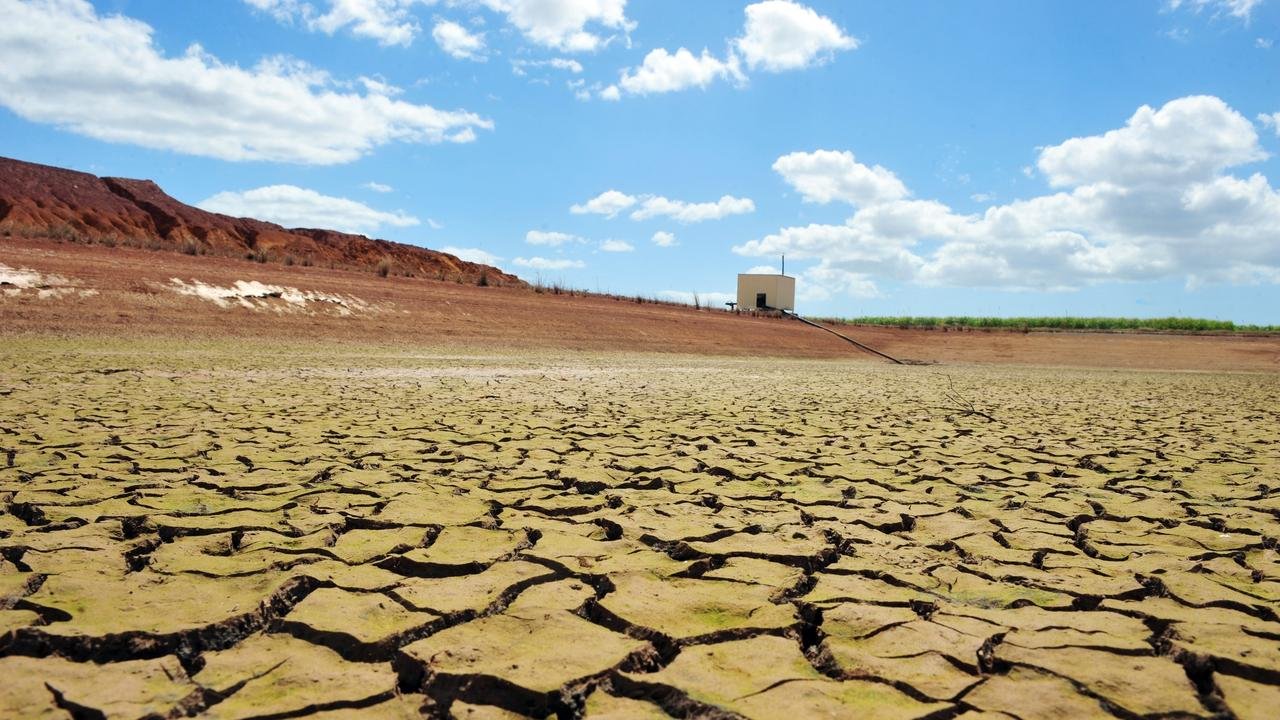Hassan Nasrallah, the Secretary-General of Lebanon’s Hezbollah organization, has made significant remarks regarding the recent military operation known as “Aqsa Storm” and the ongoing conflict with Israel. In his statements, Nasrallah highlights the impact of the operation, the vulnerabilities of Israel’s defense system, and the ethical and religious dimensions of the ongoing struggle.
Aqsa Storm Operation and Israel’s Vulnerabilities: Nasrallah begins by characterizing “Aqsa Storm” as a decisive operation that has effectively challenged Israel on all fronts. According to him, the operation has exposed the true nature of Israel’s military power. He argues that Israel’s defensive system has proven to be weaker than expected, and the Israeli actions cannot mitigate the impending negative consequences of this vulnerability. He suggests that Israel’s worst failure is not just on the battlefield but also in the realm of public opinion and support, both domestically and internationally.
Nasrallah underscores the profound impact of the Aqsa Storm operation, especially in the way it has brought the issue of Israeli aggression to the forefront. He claims that the sacrifices made by the people of Gaza have written a new chapter in history, forcing the United States to swiftly intervene to protect Israel from its imminent destruction. This intervention reveals the gravity of the situation and Israel’s growing isolation on the global stage.
Ethical, Moral, and Religious Justification: The Hezbollah leader emphasizes that the Aqsa Storm operation is not merely a conventional military confrontation but a war fought on humanitarian, ethical, and religious grounds. He asserts that the ongoing conflict is not in doubt from both ethical and religious perspectives, highlighting that the status of martyrs in Islam holds a unique significance. According to Nasrallah, only Muslims can truly comprehend the sanctity and honor associated with the martyrdom achieved in this struggle.
He further contends that the conclusion of the conflict will be determined by the success of the Palestinians, and Israel’s dream of eliminating Hamas should be abandoned. He argues that there are no viable alternatives for Israel beyond the exchange of prisoners with the Palestinian factions. Nasrallah emphasizes that the time has come to shed light on the motivations behind the events of October 7th, recognizing the importance of clarifying Hezbollah’s stance. He notes that the Aqsa Storm operation was conducted with the utmost secrecy.
Regional Relevance and the Situation in Palestine: Nasrallah asserts that Aqsa Storm is not limited to any regional boundaries but has expanded its influence across different borders and arenas. He highlights that it is not linked to regional states and underlines the dire conditions faced by thousands of Palestinians who have been imprisoned in Israeli jails for an extended period. The desecration of Al-Aqsa Mosque, one of the holiest sites in Islam, has been openly evident to all.
In response to speculation about Iran’s involvement, Nasrallah categorically denies any financial backing by Iran or any other resistance groups. He emphasizes that Hezbollah had no prior information regarding the October 7th operation. This underlines the operation’s extraordinary secrecy and the commitment of the groups involved.
Hassan Nasrallah’s statements shed light on the significance of the Aqsa Storm operation and its implications for the ongoing conflict with Israel. He underscores the ethical, moral, and religious aspects of the struggle, emphasizing the unique importance of martyrdom in this context. Additionally, Nasrallah asserts that the outcome of the conflict depends on the success of the Palestinians and the need for Israel to abandon its aspirations of eliminating Hamas. The regional relevance and the situation in Palestine are also addressed, along with clarifications regarding Hezbollah’s involvement and Iran’s support. Nasrallah’s remarks reflect the complex nature of the conflict and its impact on the wider Middle East region.



